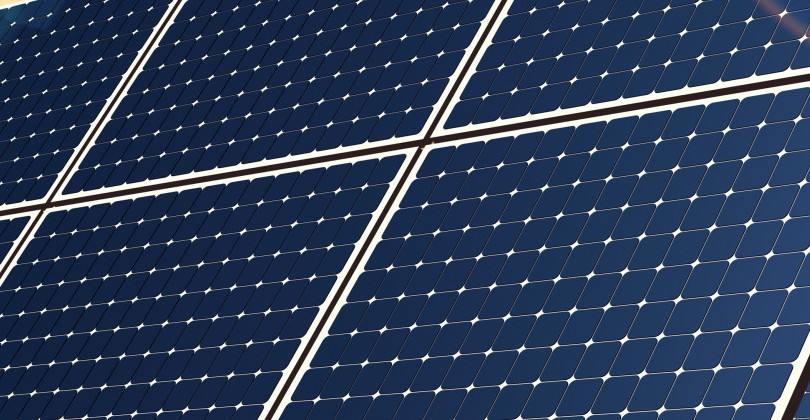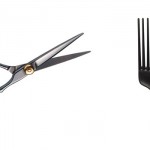According to a research conducted by the Institute of Statistical, Social and Economic Research of the University of Ghana, between 45 and 47 percent of the entire population have access to grid electricity. In recent years, the country has been facing challenges supplying electricity to its users, therefore, the need to ration power to Ghanaians.
Many countries in America and Europe depend on other forms of power including wind, nuclear, geothermal, coal and solar, but in Ghana, common alternative power sources are power inverters, solar energy and generators. Our focus in this piece, however, is solar.
Solar energy is harnessing light and heat from the sun using technologies such as solar heating, photovoltaic, or solar architecture. Solar energy is captured and distributed in two ways: actively or passively. Active distribution is the use of photovoltaic or solar panels to capture and distribute power from the sun.
Installing solar panels is the work of professionals. There are several companies in Ghana currently installing them in homes and corporations. These specialists will provide you with all the answers you need including the type of system to go for. The type of system to select depends on the amount of energy you will need to power your appliances.
According to a real estate agent who also imports solar panel into the country, a small system that powers basic appliances and smaller rooms costs about $2,000. “It is expensive to acquire them initially but in the long term, it is cheaper because there will be no running costs on diesel. We have sold the idea to a lot of developers but the idea has not still caught on yet,” says Isaac Anthony.
Advantages of this source of power include the following: they are renewable, they can be used in rural areas, they are free except the initial costs made during the installation process and they do not cause pollution.
Do you use solar energy in your home? What has been your experience? We would like you to share them with us.







